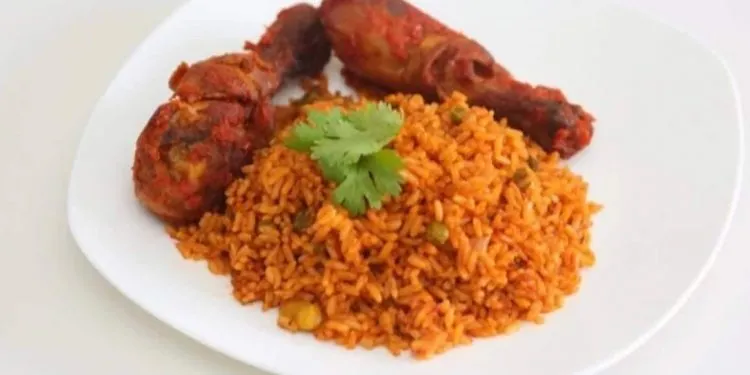UNESCO has settled a long-standing jollof rice dispute involving Nigeria, Ghana, Senegal and Cameroon, after declaring Senegal king of the famous West African delicacy.
The Senegalese Jollof, also called Ceebu Jen, stood out from that of the three other countries, cementing the country’s position as the true originator of the dish.
It is believed to have originated from the fishing communities of Saint-Louis island in Senegal and it is prepared by mixing rice with fish, tomatoes and vegetables and other ingredients.
“The dish is typically made with fish steak, broken rice, dried fish, mollusc and seasonal vegetables such as onions, parsley, garlic, chilli pepper, tomatoes, carrots, eggplant, white cabbage, cassava, sweet potato, okra and bay leaf,” UNESCO said.
Jollof rice, a staple in many West African countries, has been the subject of social media debates between Nigerians and Ghanaians as well as Nigerians and Cameroonians, each of them claiming expertise of the dish.
UNESCO however pronounced Senegal’s Ceebu Jen as the best, adding that the dish is part of their cultural heritage and settling several years of debate.
Jollof rice has become part of the people’s way of life. In Cameroon, it is commonly called fried rice and it is prepared with carrot and green beans and usually accompanied by chicken or fish.
A research published by The Conversation Africa noted that the origins of Jollof rice date back to the colonial era in West between 1860 and 1940.
By Amina Hilda



